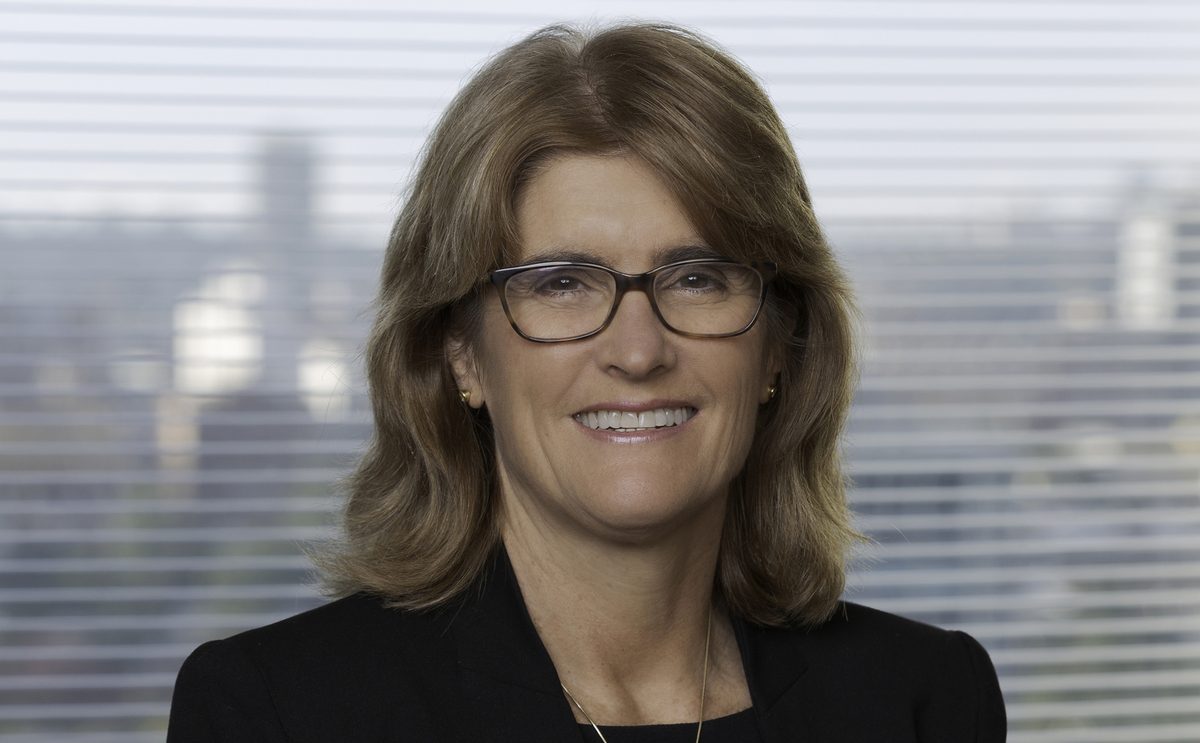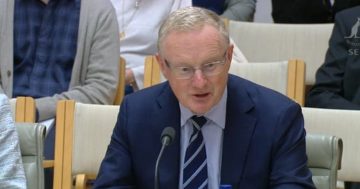
Michele Bullock is to become the first woman to head the Reserve Bank of Australia. Photo: RBA.
The current deputy governor of the Reserve Bank of Australia, Michele Bullock, has been appointed to lead the central bank from September.
Ms Bullock will be the ninth governor of the RBA and the first woman to head the RBA board. She will be replacing Philip Lowe when his seven-year term as governor expires on 17 September.
The Federal Government decided not to reappoint Dr Lowe, instead opting for a new leadership direction in the wake of the recent RBA review and a succession of interest rate hikes.
In announcing the appointment at Parliament House on Friday (14 July), Prime Minister Anthony Albanese praised Ms Bullock and her suitability for the role.
“Ms Bullock is eminently qualified to lead this national institution,” he said.
“Ms Bullock is an accomplished economist with wide experience in the RBA, including as deputy governor and deputy chair of the payment systems board.
“The incoming governor will oversee the implementation of the recommendations of the RBA review, to make sure that we have the most effective central and monetary policy framework as Australia and the world faces ongoing economic challenges.”
The Prime Minister and Federal Treasurer Jim Chalmers repeatedly stressed their thanks for Dr Lowe and praised his tenure as the RBA Governor.
Dr Chalmers said nothing adverse should be read into the fact Dr Lowe was not being reappointed, as traditionally most of the bank’s governors had not had their terms extended.
But the decision to change a central bank governor in the middle of an inflation crisis is an extraordinary move.
Cabinet signed off on the decision immediately before the announcement.
“This is a history-making appointment,” Dr Chalmers said.
“Michele Bullock will become the first woman to ever lead the Reserve Bank in this country. Michele Bullock is the person best placed to take the Reserve Bank into the future.
“After close to four decades of service to the RBA, most recently as the deputy governor, Ms Bullock is eminently qualified to read this national institution.
“Michele has thought deeply about how we take the bank into the future. She is an accomplished leader, a highly respected leader, and that’s what we need at the bank.”
Dr Lowe became a highly controversial figure as the face of a record run of interest rate rises and for incorrectly stating in 2021 that there would likely be no more hikes until 2024.
In a statement issued on Friday morning, Dr Lowe congratulated his deputy’s promotion, describing it as a “first-rate appointment”.
Ms Bullock said she was honoured by the appointment and the confidence the government is showing in her.
Opposition Leader Peter Dutton bought into speculation this week over the future of the RBA, saying the government should not appoint a departmental secretary to the bank’s governorship.
Treasury Secretary Steven Kennedy and Finance Secretary Jenny Wilkinson were among the candidates being floated.
But Mr Dutton said on Thursday that the public service bosses should be ruled out.
“We can’t have a situation where the government is appointing somebody who is familiar to the government, in the sense they have worked very closely with ministers, or the Treasurer or the Finance Minister,” he said.
In announcing Ms Bullock’s appointment, the Prime Minister and Treasurer were scathing of Mr Dutton’s remarks, saying the Opposition Leader had questioned the integrity of the secretaries.
“With regards to the public service, let me say this,” Mr Albanese said.
“One of the things that I want my government to be characterised by is lifting up the people who work in the public service. which is an honourable profession.”
Following the recent review into the RBS, a decision was made this week to cut the number of meetings that set official interest rates from 11 to eight times a year.
That will begin in February next year as the RBS embarks on a course of implementing recommendations from the review and installing cultural change in the central bank.
Original Article published by Chris Johnson on Riotact.








